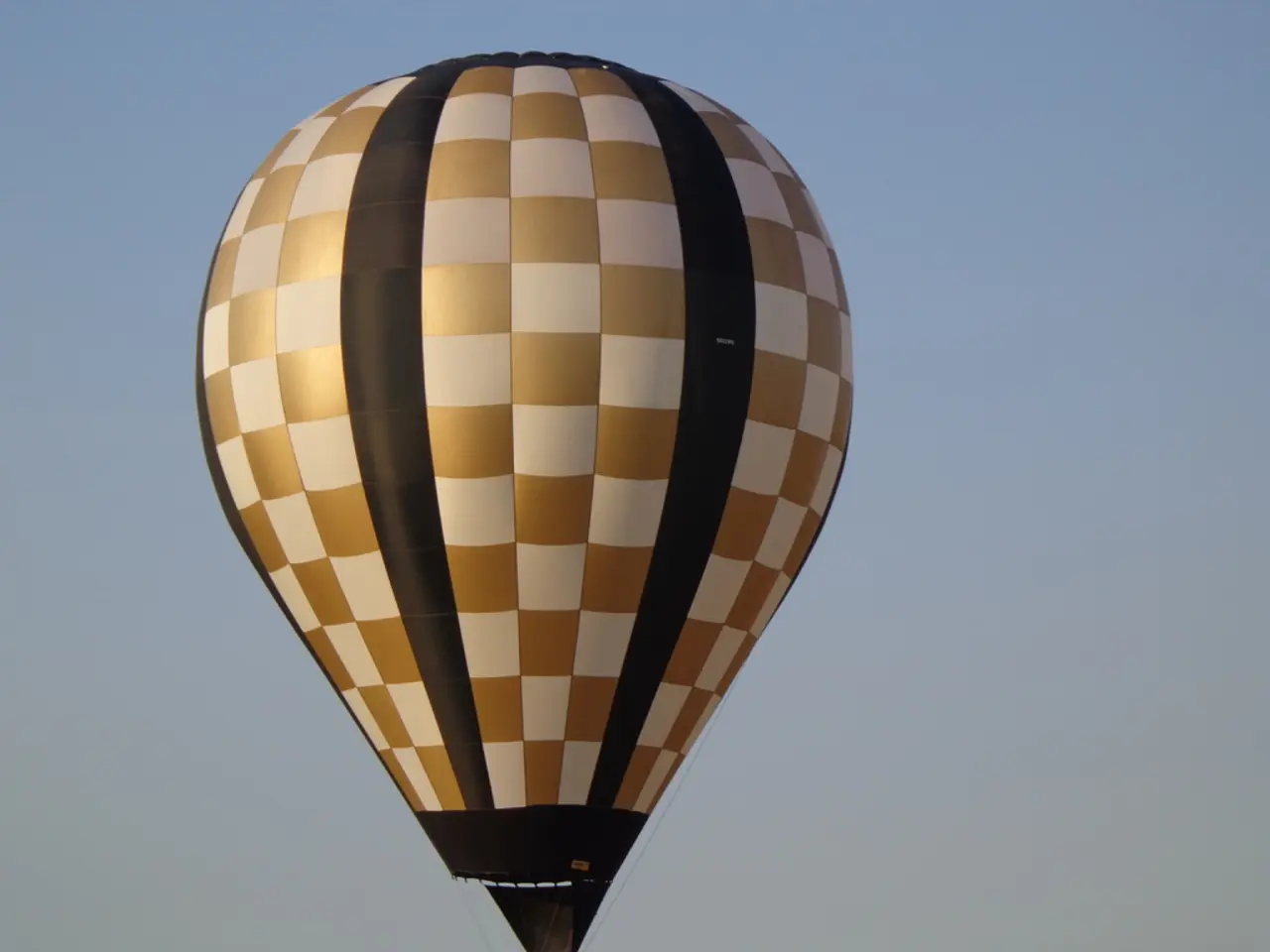FDA gives approval for Orchestra BioMed to start Virtue Trial
Orchestra BioMed's Virtue SAB, a next-generation drug delivery balloon, is making waves in the medical field with its innovative design and promising clinical results. This non-coated microporous AngioInfusion™ Balloon delivers a proprietary extended-release sirolimus formulation called SirolimusEFR™, offering sustained, therapeutic tissue levels of sirolimus for approximately 30 days.
Virtue SAB is designed to overcome certain limitations of traditional drug-coated balloons (DCBs) by consistently delivering a large liquid dose of an extended-release formulation of sirolimus. This, in turn, effectively inhibits coronary in-stent restenosis (ISR).
Dr. Dean J. Kereiakes, a prominent figure in interventional cardiology, has stated that Virtue SAB has the potential to be one of the most compelling technologies in the field. Dr. Allen Jeremias, another prominent figure, comments that Virtue SAB stands out as the only device with a completely different mechanism of action in the coronary treatment landscape.
The Virtue Trial, a prospective, multi-center, randomized trial, is comparing clinical outcomes of Virtue SAB to AGENT Paclitaxel DCB in the treatment of coronary ISR. The primary endpoint of the Virtue Trial is a non-inferiority comparison of Target Lesion Failure (TLF) at 12 months.
Virtue SAB's superior safety and efficacy over paclitaxel, as demonstrated by the performance of drug-eluting stents, has been highlighted by Mr. Hochman, Chairman and CEO of Orchestra BioMed. The superiority of sirolimus over paclitaxel was further supported by a published meta-analysis involving 76 trials, which showed 'limus-eluting stents have significantly better clinical performance than paclitaxel-eluting stents in terms of target lesion revascularisation and major adverse cardiac event.
The Virtue Trial will randomize 740 patients across up to 75 centers in the U.S. With the amended IDE approved by the FDA, Orchestra BioMed is currently targeting initiation of the Virtue Trial during the second half of 2025.
Orchestra BioMed believes this is due to their ability to maintain sufficient drug tissue concentration through the critical healing period of approximately 30 days. In the SABRE pilot study, Virtue SAB demonstrated best-in-class clinical results for the treatment of coronary ISR, including 12-month target lesion failure of 2.8% and 6-month late lumen loss of 0.12mm.
Virtue SAB has been granted FDA Breakthrough Device Designation for the treatment of coronary ISR, coronary small vessel disease, and peripheral artery disease below-the-knee. One of the key advantages of Virtue SAB is that it does not require the need to leave a permanent metal implant in the artery.
With its innovative design and promising clinical results, Virtue SAB represents a significant step forward in the treatment of atherosclerotic disease. David Hochman, Chairman and CEO of Orchestra BioMed, stated that the company believes there is a multibillion-dollar U.S. market for coronary drug delivery balloons and that they are confident in Virtue SAB as a fundamentally differentiated solution for the treatment of atherosclerosis.
[1] Orchestra BioMed's Virtue SAB
[2] Virtue SAB vs Paclitaxel DCBs
[3] SABRE Study Results
- In the realm of health and wellness, Orchestra BioMed's Virtue SAB, a revolutionary drug delivery balloon, showcases potential in the medical-conditions sector, particularly cardiovascular health, as it challenges traditional drug-coated balloons (DCBs) and demonstrates promising clinical results.
- In the Virtue Trial, a comprehensive study comparing Virtue SAB with AGENT Paclitaxel DCBs, the primary focus is on a non-inferiority comparison of Target Lesion Failure (TLF) at 12 months, underscoring the significance of comparing the safety and efficacy of these treatments in the treatment of coronary in-stent restenosis (ISR).
- The SABRE pilot study, a critical precursor to the Virtue Trial, displays encouraging signs for Virtue SAB, as it delivered best-in-class clinical results for the treatment of coronary ISR, offering a promising future for the management of atherosclerotic disease. This innovation may significantly impact the cardiovascular health sector of the health-and-wellness industry. Furthermore, Virtue SAB's ability to bypass the need for a permanent metal implant in the artery could potentially offer a financially advantageous solution for business and technology sectors involved in cardiovascular health care.




